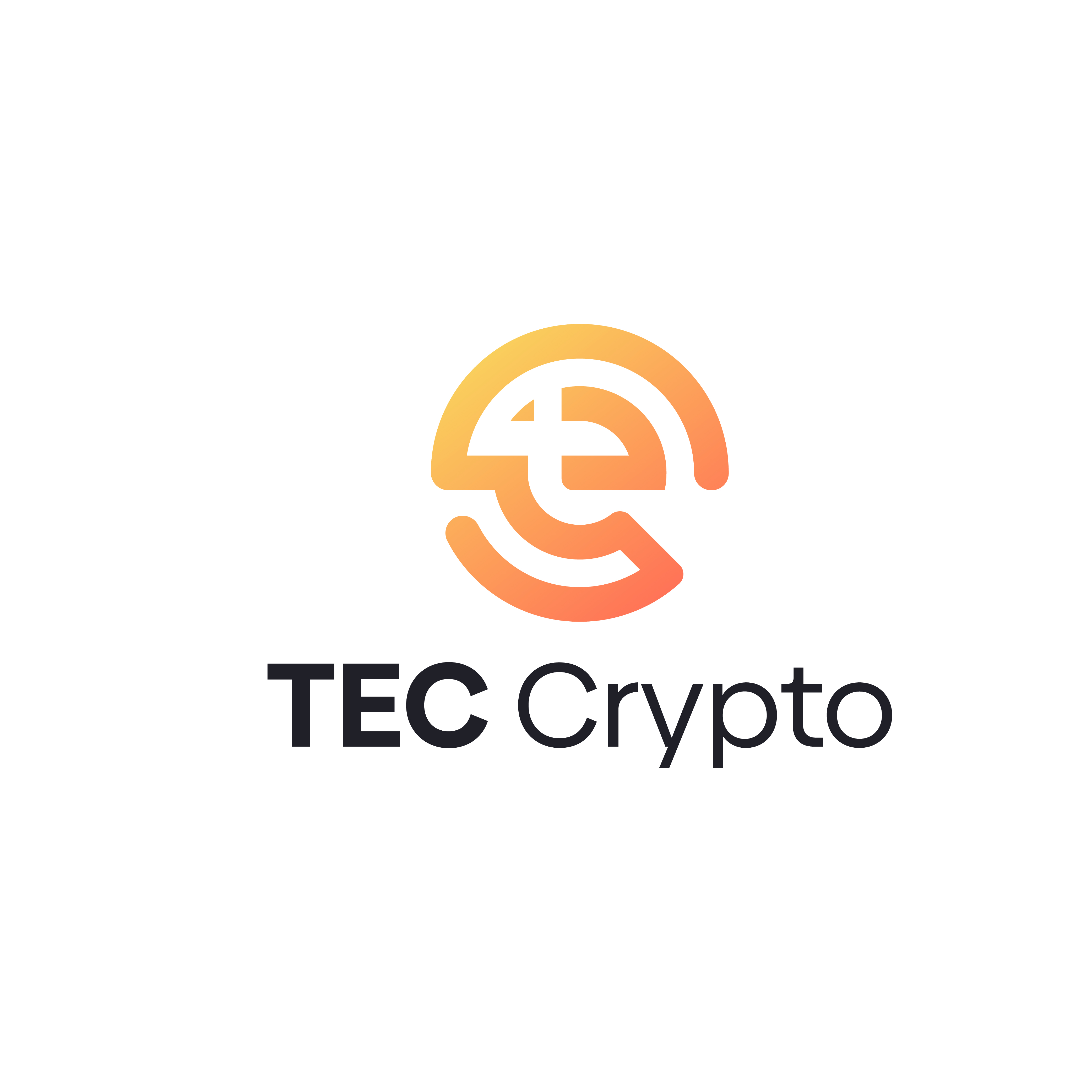Vodafone vs. O2: Which Business Mobile Provider UK Offers Better Value?
Among the “Big Four” mobile networks—EE, O2, Vodafone, and Three—Vodafone and O2 stand out as major players, each offering robust services tailored to business needs. For UK businesses in 2025, selecting between these two giants involves weighing factors like coverage, data speeds, plan flexibility, customer service, and overall value for money. This article dives deep into a comparison of Vodafone and O2 as business mobile providers UK, evaluating their offerings to determine which delivers superior value for businesses of all sizes.
Overview of Vodafone and O2 as Business Mobile Providers UK
Vodafone is one of the largest telecommunications providers globally, with a strong UK presence and approximately 17.5 million customers. Known for its extensive 4G coverage (over 97% of the UK population) and rapidly expanding 5G network, Vodafone caters to businesses with innovative solutions like IoT services, advanced cybersecurity, and flexible data plans. Its global reach makes it a top choice for businesses with international operations.
.png)
O2, owned by Telefónica UK, serves around 24 million customers and is renowned for its near-99% 3G and 4G outdoor population coverage. O2 has a strong 5G presence, covering over 3,000 locations, and is celebrated for its customer-centric approach, including O2 Priority rewards and inclusive EU roaming on all plans. As business mobile providers UK, both networks offer a range of SIM-only, pay-monthly, and device contracts, but their value propositions differ significantly.
Coverage and Network Performance
Coverage is a cornerstone of any business mobile provider UK, as reliable connectivity ensures uninterrupted communication and data access. Both Vodafone and O2 boast impressive 4G coverage, with O2 slightly ahead at 99% outdoor population coverage compared to Vodafone’s 97%. For call and text signals (2G/3G), both networks cover about 91% of the UK’s landmass, making them equally reliable for voice communication in urban and rural areas. However, Vodafone tends to have stronger 4G coverage outside major towns and cities, which is critical for businesses with employees in rural locations.
.png)
When it comes to 5G, O2 leads with coverage in over 3,000 UK locations compared to Vodafone’s 141+ locations. However, 5G coverage varies street by street, and O2’s broader reach within these locations means businesses are more likely to access 5G speeds. Vodafone’s 5G speeds, however, are often higher, ranging from 105.2–133.54 Mbps compared to O2’s 90.61–92.3 Mbps, according to Opensignal and Ookla reports. For businesses relying on high-speed data for tasks like video conferencing or large file transfers, Vodafone’s faster 5G may be advantageous, though O2’s wider 5G footprint ensures more consistent access.
Verdict on Coverage: O2 has a slight edge for 5G availability and urban coverage, while Vodafone excels in rural 4G coverage and 5G speeds. Businesses should use coverage checkers on each provider’s website to verify signal strength in key operational areas.
Read more: iPhone Unlocker: Remove iPhone Screen Passcode with Ease
Data Speeds and Plan Limitations
Data speed is a critical factor for businesses using mobile apps, cloud services, or IoT devices. Vodafone’s average 4G speeds are around 21.2 Mbps, slightly faster than O2’s 16.8–23.1 Mbps. In urban areas, Vodafone’s speeds can reach up to 110 Mbps, while O2 peaks at 95 Mbps. For 5G, Vodafone’s higher speeds (up to 133.54 Mbps) make it a better choice for data-intensive tasks, though O2’s broader 5G coverage ensures more consistent performance.
Vodafone’s plans, however, come with speed restrictions on certain tiers. Its Unlimited Lite plan caps speeds at 2 Mbps, suitable only for basic tasks like email, while the Unlimited plan is capped at 10 Mbps. Only Vodafone’s Unlimited Max plan offers unrestricted 5G speeds, which can be a drawback for businesses seeking high performance on budget plans. O2, in contrast, imposes no speed caps across its plans, making it more predictable for businesses needing consistent speeds.
Verdict on Speeds: Vodafone offers faster peak speeds but with plan-specific limitations, while O2 provides reliable, uncapped speeds across all plans, making it more versatile for businesses.
Plan Options and Pricing
Pricing and plan flexibility are central to determining value among business mobile providers UK. Both Vodafone and O2 offer a variety of plans, including SIM-only, pay-monthly device contracts, and pay-as-you-go (PAYG) options.
Vodafone Business Plans:
- SIM-Only Plans: Vodafone’s SIM-only plans include Basics (capped at 10 Mbps, no roaming), Red (includes entertainment subscriptions like Spotify), and Unlimited Max (full 5G speeds, 81 roaming destinations). Prices start at around £17/month for 1GB and go up to £30+/month for unlimited data.
- Device Contracts: Vodafone offers a range of smartphones, from budget to flagship models, with 24-month contracts. Prices vary based on data and device, typically starting at £25/month.
- PAYG Options: Vodafone’s PAYG bundles offer data rollover but are pricier than O2’s, with plans starting at £10 for 2GB.
- Business-Specific Features: Vodafone provides IoT solutions, cybersecurity packages, and dedicated account managers for larger businesses.
.png)
O2 Business Plans:
- SIM-Only Plans: O2’s plans range from 1GB (£10/month) to unlimited data (£25+/month), with options for 1-month, 12-month, or 18-month contracts. All plans include O2 Priority rewards and EU roaming up to 25GB.
- Device Contracts: O2 offers a wider selection of smartphones, often at lower prices than Vodafone, starting at £20/month for budget devices with 120GB data.
- PAYG Options: O2’s Big Bundles start at £10 for 5GB, with 5–10% top-up rewards, making them more cost-competitive than Vodafone’s PAYG.
- Business-Specific Features: O2 provides dedicated business support, 20% discounts on additional lines, and access to 15,000 BT Wi-Fi hotspots.
Verdict on Pricing: O2 generally offers cheaper SIM-only and device contracts, especially for smaller data allowances and PAYG plans. Vodafone’s premium plans, like Unlimited Max, provide more features but at a higher cost, which may suit larger businesses with specific needs like international roaming.
Customer Service and Business Support
Customer service is a vital consideration for businesses, as prompt issue resolution minimizes downtime. O2 has a strong reputation for customer service, with dedicated business support teams and a 68% customer satisfaction score in Which?’s 2025 survey. Vodafone, with a 69% score, has improved but historically lags behind O2 and EE due to slower response times. O2’s business support includes personalized consultations and priority helplines, while Vodafone offers dedicated account managers and advanced cybersecurity solutions, which are valuable for enterprises.
Verdict on Customer Service: O2 edges out Vodafone for responsiveness and accessibility, particularly for small to medium-sized businesses, while Vodafone’s enterprise-focused support appeals to larger organizations.
Extras and Business Benefits
Both providers offer perks that enhance their value as business mobile providers UK:
- Vodafone: Its Red Entertainment plans include free subscriptions to Spotify, Sky Sports Mobile, or Now TV for up to 24 months. Vodafone’s 81 inclusive roaming destinations (including non-EU countries) are unmatched, and its IoT and cybersecurity solutions are ideal for tech-driven businesses.
.png)
- O2: O2 Priority rewards provide discounts on high-street food, drinks, and entertainment, plus presale tickets for O2-sponsored events. Inclusive EU roaming on all plans (up to 25GB) and access to BT Wi-Fi hotspots add significant value. O2’s Travel Inclusive Zone covers 27 non-EU countries with capped-speed data.
Verdict on Extras: Vodafone’s roaming and tech solutions are superior for businesses with international or tech-heavy operations, while O2’s rewards and Wi-Fi access are more practical for small businesses and employee perks.
Suitability for Different Business Types
- Small Businesses and Startups: O2’s affordable SIM-only plans, uncapped speeds, and Priority rewards make it ideal for cost-conscious startups. Its 1-month rolling contracts offer flexibility for businesses with fluctuating needs.
- SMEs with Remote Teams: O2’s widespread 5G coverage and BT Wi-Fi hotspots support remote workers, while Vodafone’s faster 5G speeds benefit SMEs using data-heavy applications.
- Large Enterprises: Vodafone’s global roaming, IoT solutions, and cybersecurity features cater to enterprises with international operations or complex tech needs. O2’s business support is strong but less tailored to enterprise-scale demands.
Potential Drawbacks
- Vodafone: Speed caps on lower-tier plans (e.g., 2 Mbps on Unlimited Lite) limit performance for data-intensive tasks. Customer service can be inconsistent, and premium plans are costly.
- O2: Slower average speeds (especially 4G) may hinder businesses needing high-performance connectivity. Rural 5G coverage is less reliable compared to Vodafone.
Future Considerations: Vodafone-Three Merger
The Vodafone-Three merger, approved by the UK’s Competition and Markets Authority and expected to complete in the first half of 2025, will create the UK’s largest mobile network. This could enhance Vodafone’s coverage and 5G capabilities, potentially making it a stronger business mobile provider UK. However, the merger’s impact on pricing and competition remains uncertain, and businesses should monitor developments before committing to long-term contracts.
Case Study: A Real-World Comparison
Consider a medium-sized UK marketing agency with 20 employees, some working remotely and others traveling internationally. The agency tested Vodafone and O2 SIM-only plans:
- Vodafone: Chose Unlimited Max (£30/month) for 10 employees needing high-speed 5G and international roaming. The plan’s 150–200 Mbps speeds supported video editing, and 81 roaming destinations covered client trips to the US and Asia. However, the high cost and occasional customer service delays were drawbacks.
- O2: Opted for a 120GB plan (£20/month) for the remaining employees. The plan’s uncapped speeds and EU roaming suited remote workers, and O2 Priority discounts boosted team morale. However, slower 4G speeds (15–20 Mbps) occasionally delayed large file uploads in rural areas.
After six months, the agency found O2 more cost-effective for local and EU operations, while Vodafone’s global roaming and 5G speeds were critical for international staff. This highlights the importance of aligning provider choice with specific business needs.
Practical Tips for Choosing Between Vodafone and O2
- Check Coverage: Use Vodafone’s and O2’s postcode checkers to verify 4G/5G signal strength in your business’s key locations.
- Test with PAYG SIMs: Purchase PAYG SIMs from both providers to test coverage and speeds in your area before committing to a contract.
- Evaluate Data Needs: Assess whether your business requires high-speed 5G (favoring Vodafone) or consistent performance across locations (favoring O2).
- Consider Contract Length: O2’s 1-month rolling contracts offer flexibility for startups, while Vodafone’s 24-month plans may suit established businesses.
- Leverage Perks: Factor in O2 Priority rewards or Vodafone’s roaming benefits when calculating overall value.
- Consult a Business Advisor: Work with a telecom consultant (e.g., Care To Talk) to tailor plans to your business’s size and operational demands.
Conclusion
Determining which business mobile provider UK offers better value between Vodafone and O2 depends on your business’s priorities. O2 excels for small to medium-sized businesses, offering affordable plans, uncapped speeds, widespread 5G coverage, and valuable rewards like O2 Priority. Its inclusive EU roaming and flexible contracts make it a cost-effective choice for startups and remote teams. Vodafone, however, is better suited for enterprises with international operations or tech-heavy needs, thanks to its faster 5G speeds, extensive roaming destinations, and innovative solutions like IoT and cybersecurity. While Vodafone’s premium plans are pricier and some include speed caps, its global reach and enterprise support add significant value.
For most UK businesses in 2025, O2 offers better overall value due to its lower costs, consistent performance, and practical perks. However, businesses with specific needs for high-speed 5G or international connectivity may find Vodafone’s offerings more compelling. By carefully assessing coverage, speeds, pricing, and extras—and testing with PAYG SIMs—businesses can choose the provider that best aligns with their operational goals, ensuring reliable connectivity and maximum value.
DEALS DELIVERED TO YOUR INBOX.
Subscribe now for top-notch shopping & Investing advice. Receive hot Vouchers into your wallet
By submitting your information you agree to the Terms & Conditions and Privacy Policy
Related Articles

Sip the Vibrant Bliss: Unraveling the Magic of Hibiscus Tea

Curly Hair Halloween Costume Ideas: Unleash Your Curls This Spooky Season

Dainty Gold Jewelry for Valentine's Day 2026: The Perfect Romantic & Timeless Gift Ideas

Porcelain Reverie: Nostalgic Doll-Like Makeup Tutorials for a Timeless Look

Fiery Chic: Top Orangey-Red Nail Ideas That Turn Heads

Rise Again: Phoenix Rebirth Tattoo Concepts That Symbolize Strength Through Transformation
Popular Brands
View all
Mubert
5 Coupons Available

TEC Crypto
5 Coupons Available

The Scholarship System
5 Coupons Available

Jupitrr
5 Coupons Available

Cristina's Curls
4 Coupons Available

Tees Valley AI
5 Coupons Available
Popular Articles
View all
Layered Dessert Cups: A Delicious Symphony of Flavors and Textures

Charm the Barn with These 10 Stunning Country Wedding Guest Outfits for 2025 – Shop Your Look Now!

Chocolate Milk, Reimagined: 5 Heavenly Chocolate Milk Drinks You Can Make at Home

A Glimpse of Radiance: Discover the Magic of Heart Pendant Necklaces This Valentine's Day

Winter Coats Women Shearling: Top 10 Ideas for a Chic and Cozy Winter Style

Unlock Savings with a $3 Off Coupon at Mister Car Wash: How to Find and Use It
LATEST

Last updated: Jan 26, 2026

Last updated: Jun 17, 2025
:max_bytes(150000):strip_icc()/ALR-13477-double-layer-pumpkin-cheesecake-VAT-4x3-904eb668e0c3482bb15d79730307cde3.jpg)
Last updated: Sep 16, 2025

Last updated: Jun 19, 2025
.png)
Last updated: Jan 22, 2026

Last updated: Apr 29, 2025
